Home / home / Israel Launches Largest Airstrike on Gaza Since Ceasefire: Over 220 Killed
Israel Launches Largest Airstrike on Gaza Since Ceasefire: Over 220 Killed
By: My India Times
5 minutes read 155Updated At: 2025-03-18

New Delhi, March 18, 2025 – In a dramatic escalation of hostilities, Israel launched its most extensive airstrike on the Gaza Strip since the ceasefire took effect on January 19. The intense bombardment, carried out on Tuesday, has resulted in the deaths of at least 220 people, with hundreds more wounded. The strikes followed the collapse of negotiations between Israel and Hamas, plunging the war-torn region back into conflict.
Gaza’s civil defense authorities reported that the airstrikes primarily affected civilians, including children, women, and the elderly. The bombardments hit multiple areas across the strip, including Gaza City, Deir al-Balah, Khan Younis, Rafah, and northern Gaza. The sudden surge in violence has sent shockwaves through the region, coming during the holy month of Ramadan, a period of spiritual reflection and fasting for Muslims worldwide.
Israel Justifies Offensive as Hamas Ceasefire Breaches Continue
The Israeli Defense Forces (IDF) confirmed the attacks early Tuesday, stating in a post on X (formerly Twitter) that they were carrying out "extensive strikes on terror targets belonging to Hamas in the Gaza Strip." The IDF emphasized that the operation was sanctioned by the Israeli government, citing Hamas’s failure to honor ceasefire agreements and its refusal to release Israeli hostages.
Prime Minister Benjamin Netanyahu’s office released a statement explaining that the strikes were a response to Hamas’s "repeated refusal to release our hostages" and its rejection of ceasefire proposals from U.S. presidential envoy Steve Witkoff and other mediators. The statement further underscored Israel’s determination to achieve its war objectives, which include the unconditional release of hostages held by Hamas.
Schools Shut Down as Tensions Rise
In response to the renewed violence, Israel ordered the closure of schools near the Gaza border, citing security concerns. The Israeli government has vowed to continue military operations with "increased military strength" until Hamas meets its demands.
The ceasefire, initially brokered through international mediation, was intended to de-escalate the months-long war. However, disagreements over its terms and conditions have led to growing tensions, culminating in Tuesday’s deadly assault.
Hamas Condemns Strikes, Blames Netanyahu
Hamas has condemned Israel’s latest offensive, blaming Prime Minister Netanyahu for violating the ceasefire agreement. In a strongly worded statement, the militant group accused Netanyahu of "sacrificing hostages" to advance his political agenda and distract from domestic turmoil.
"Netanyahu’s decision to resume war is a deliberate sacrifice of the occupation’s prisoners and an imposition of a death sentence on them," a Hamas official declared. The group warned that Israel’s actions placed hostages in Gaza at risk and accused Netanyahu of using the ongoing war as a political "lifeboat."
U.S. Consulted Before Israel’s Attack
A White House spokesperson confirmed that Israel had informed President Donald Trump’s administration before launching the strikes. The revelation has sparked debate over Washington’s role in the ongoing conflict, with critics arguing that the U.S. should play a more active role in peace negotiations.
Ceasefire Negotiations Break Down
The ceasefire talks had been faltering for weeks, with both sides unable to reach a consensus. Israel sought to extend the first phase of the three-stage ceasefire agreement, while Hamas insisted that it would only resume hostage releases under the terms of the second phase, which was set to begin on March 2.
Israel’s primary demand has been the "total demilitarization" of Gaza and the removal of Hamas leadership from the region. Hamas, however, has rejected these conditions outright. Last week, the group proposed releasing American-Israeli soldier Edan Alexander and four bodies of hostages in exchange for immediate talks on the next phase of the agreement. Israel dismissed the offer, accusing Hamas of "psychological warfare" against hostage families.
Under the initial phase of the ceasefire, Hamas released 33 Israeli hostages, including five bodies, and five Thai nationals in exchange for approximately 1,800 Palestinian prisoners. However, the group continues to hold around 59 hostages, intensifying pressure on Israeli authorities to take decisive action.
A Cycle of War and Ceasefires
This latest escalation marks another grim chapter in a conflict that has persisted for decades. The war began on October 7, 2023, when Hamas launched a surprise cross-border attack into southern Israel, killing approximately 1,200 people and capturing 251 hostages. In response, Israel unleashed a relentless military campaign, leading to over 48,000 Palestinian deaths and injuring more than 112,000 people, according to local health reports.
The only prior ceasefire since the conflict began lasted for a week in November 2023, during which Hamas and Israel agreed to a temporary truce to facilitate hostage exchanges. However, peace remains elusive, with both sides deeply entrenched in their positions.
International Reactions and Calls for Peace
The renewed violence has prompted urgent calls for diplomacy from world leaders. The United Nations has urged both parties to return to negotiations, emphasizing the dire humanitarian situation in Gaza. The European Union has also expressed concern over the latest strikes, urging Israel to exercise restraint and for Hamas to engage in meaningful dialogue.
Regional powers, including Egypt and Qatar, have renewed mediation efforts to prevent further escalation. However, with both sides unwilling to back down, the likelihood of a prolonged conflict remains high.
What Lies Ahead?
With Israel pledging to intensify its military operations and Hamas vowing resistance, the prospect of an immediate ceasefire appears increasingly unlikely. The coming days will be crucial in determining whether diplomatic efforts can salvage the stalled peace talks or if the region will witness an even bloodier phase of the conflict.
As the world watches, the people of Gaza continue to bear the brunt of the violence, with thousands displaced, hospitals overwhelmed, and food supplies dwindling. Unless both sides find common ground, the cycle of bloodshed is unlikely to end anytime soon.
....New Delhi, March 18, 2025 – In a dramatic escalation of hostilities, Israel launched its most extensive airstrike on the Gaza Strip since the ceasefire took effect on January 19. The intense bombardment, carried out on Tuesday, has resulted in the deaths of at least 220 people, with hundreds more wounded. The strikes followed the collapse of negotiations between Israel and Hamas, plunging the war-torn region back into conflict.
Gaza’s civil defense authorities reported that the airstrikes primarily affected civilians, including children, women, and the elderly. The bombardments hit multiple areas across the strip, including Gaza City, Deir al-Balah, Khan Younis, Rafah, and northern Gaza. The sudden surge in violence has sent shockwaves through the region, coming during the holy month of Ramadan, a period of spiritual reflection and fasting for Muslims worldwide.
Israel Justifies Offensive as Hamas Ceasefire Breaches Continue
The Israeli Defense Forces (IDF) confirmed the attacks early Tuesday, stating in a post on X (formerly Twitter) that they were carrying out "extensive strikes on terror targets belonging to Hamas in the Gaza Strip." The IDF emphasized that the operation was sanctioned by the Israeli government, citing Hamas’s failure to honor ceasefire agreements and its refusal to release Israeli hostages.
Prime Minister Benjamin Netanyahu’s office released a statement explaining that the strikes were a response to Hamas’s "repeated refusal to release our hostages" and its rejection of ceasefire proposals from U.S. presidential envoy Steve Witkoff and other mediators. The statement further underscored Israel’s determination to achieve its war objectives, which include the unconditional release of hostages held by Hamas.
Schools Shut Down as Tensions Rise
In response to the renewed violence, Israel ordered the closure of schools near the Gaza border, citing security concerns. The Israeli government has vowed to continue military operations with "increased military strength" until Hamas meets its demands.
The ceasefire, initially brokered through international mediation, was intended to de-escalate the months-long war. However, disagreements over its terms and conditions have led to growing tensions, culminating in Tuesday’s deadly assault.
Hamas Condemns Strikes, Blames Netanyahu
Hamas has condemned Israel’s latest offensive, blaming Prime Minister Netanyahu for violating the ceasefire agreement. In a strongly worded statement, the militant group accused Netanyahu of "sacrificing hostages" to advance his political agenda and distract from domestic turmoil.
"Netanyahu’s decision to resume war is a deliberate sacrifice of the occupation’s prisoners and an imposition of a death sentence on them," a Hamas official declared. The group warned that Israel’s actions placed hostages in Gaza at risk and accused Netanyahu of using the ongoing war as a political "lifeboat."
U.S. Consulted Before Israel’s Attack
A White House spokesperson confirmed that Israel had informed President Donald Trump’s administration before launching the strikes. The revelation has sparked debate over Washington’s role in the ongoing conflict, with critics arguing that the U.S. should play a more active role in peace negotiations.
Ceasefire Negotiations Break Down
The ceasefire talks had been faltering for weeks, with both sides unable to reach a consensus. Israel sought to extend the first phase of the three-stage ceasefire agreement, while Hamas insisted that it would only resume hostage releases under the terms of the second phase, which was set to begin on March 2.
Israel’s primary demand has been the "total demilitarization" of Gaza and the removal of Hamas leadership from the region. Hamas, however, has rejected these conditions outright. Last week, the group proposed releasing American-Israeli soldier Edan Alexander and four bodies of hostages in exchange for immediate talks on the next phase of the agreement. Israel dismissed the offer, accusing Hamas of "psychological warfare" against hostage families.
Under the initial phase of the ceasefire, Hamas released 33 Israeli hostages, including five bodies, and five Thai nationals in exchange for approximately 1,800 Palestinian prisoners. However, the group continues to hold around 59 hostages, intensifying pressure on Israeli authorities to take decisive action.
A Cycle of War and Ceasefires
This latest escalation marks another grim chapter in a conflict that has persisted for decades. The war began on October 7, 2023, when Hamas launched a surprise cross-border attack into southern Israel, killing approximately 1,200 people and capturing 251 hostages. In response, Israel unleashed a relentless military campaign, leading to over 48,000 Palestinian deaths and injuring more than 112,000 people, according to local health reports.
The only prior ceasefire since the conflict began lasted for a week in November 2023, during which Hamas and Israel agreed to a temporary truce to facilitate hostage exchanges. However, peace remains elusive, with both sides deeply entrenched in their positions.
International Reactions and Calls for Peace
The renewed violence has prompted urgent calls for diplomacy from world leaders. The United Nations has urged both parties to return to negotiations, emphasizing the dire humanitarian situation in Gaza. The European Union has also expressed concern over the latest strikes, urging Israel to exercise restraint and for Hamas to engage in meaningful dialogue.
Regional powers, including Egypt and Qatar, have renewed mediation efforts to prevent further escalation. However, with both sides unwilling to back down, the likelihood of a prolonged conflict remains high.
What Lies Ahead?
With Israel pledging to intensify its military operations and Hamas vowing resistance, the prospect of an immediate ceasefire appears increasingly unlikely. The coming days will be crucial in determining whether diplomatic efforts can salvage the stalled peace talks or if the region will witness an even bloodier phase of the conflict.
As the world watches, the people of Gaza continue to bear the brunt of the violence, with thousands displaced, hospitals overwhelmed, and food supplies dwindling. Unless both sides find common ground, the cycle of bloodshed is unlikely to end anytime soon.
By: My India Times
Updated At: 2025-03-18
Tags: home News | My India Times News | Trending News | Travel News
Join our WhatsApp Channel

Similiar News
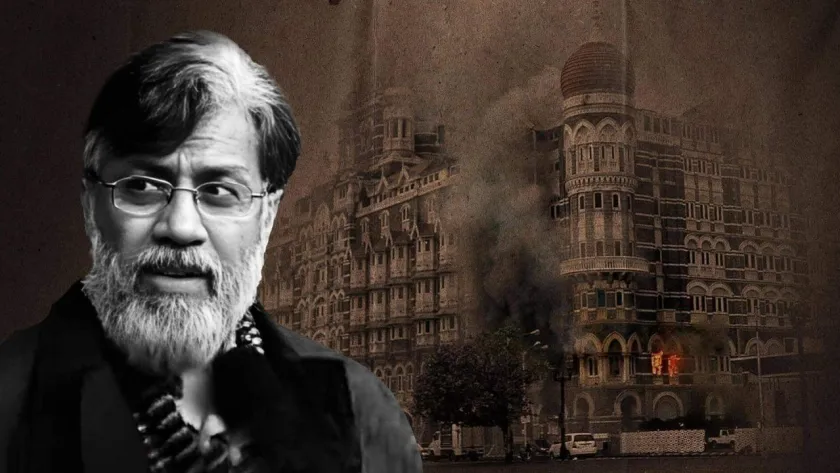
US Supreme Court Rejects 26/11 Accused Tahawwur Rana’s Plea to Block Extradition to India
2025-03-08
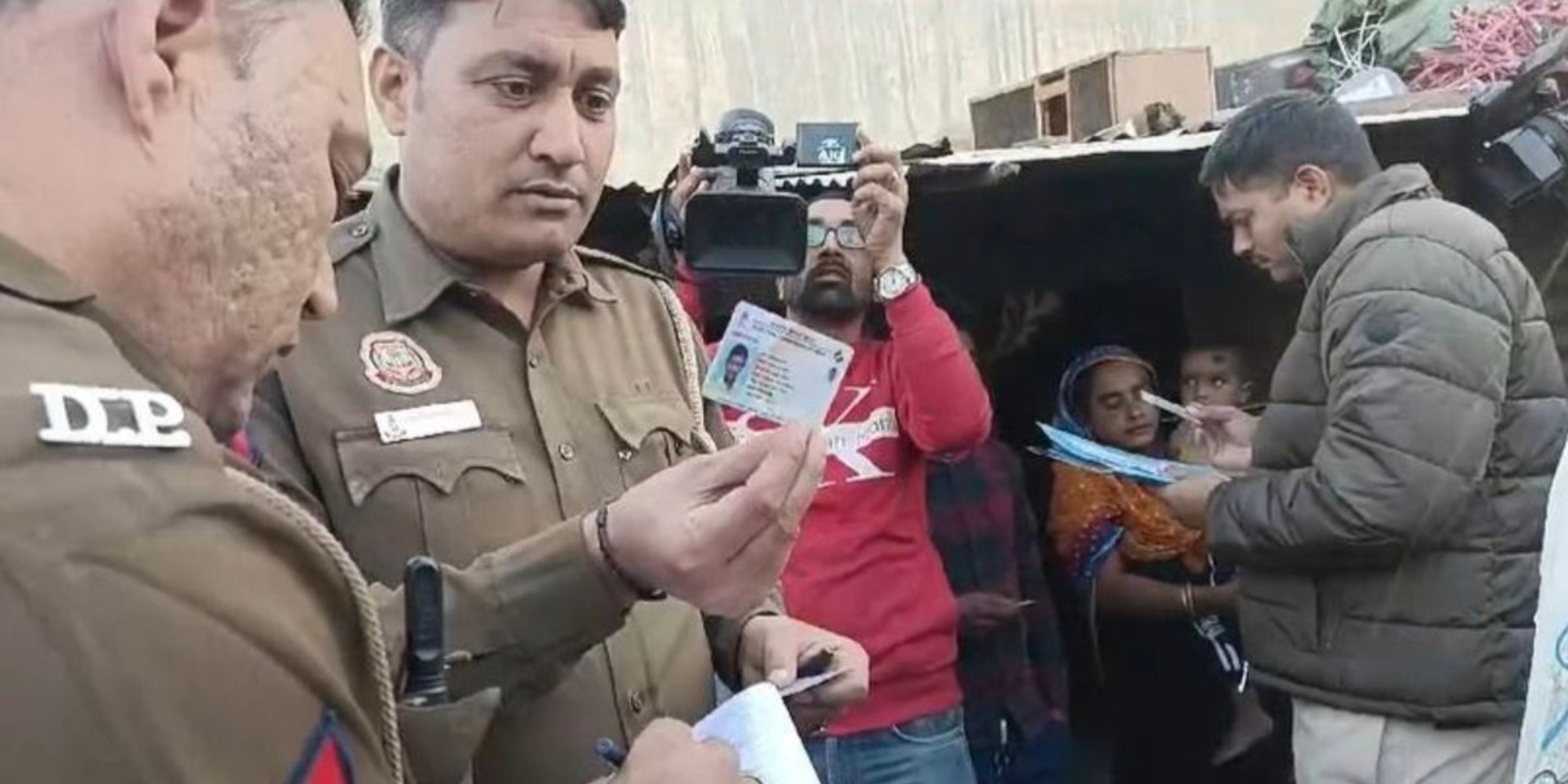


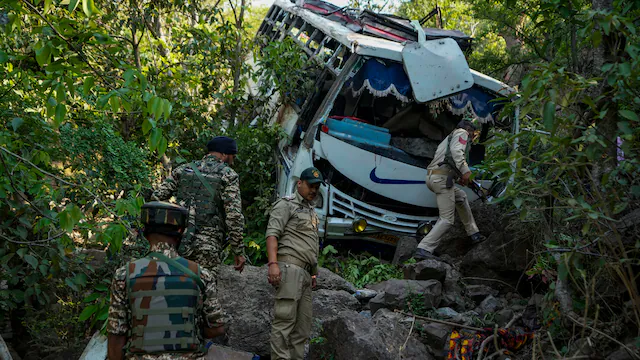






































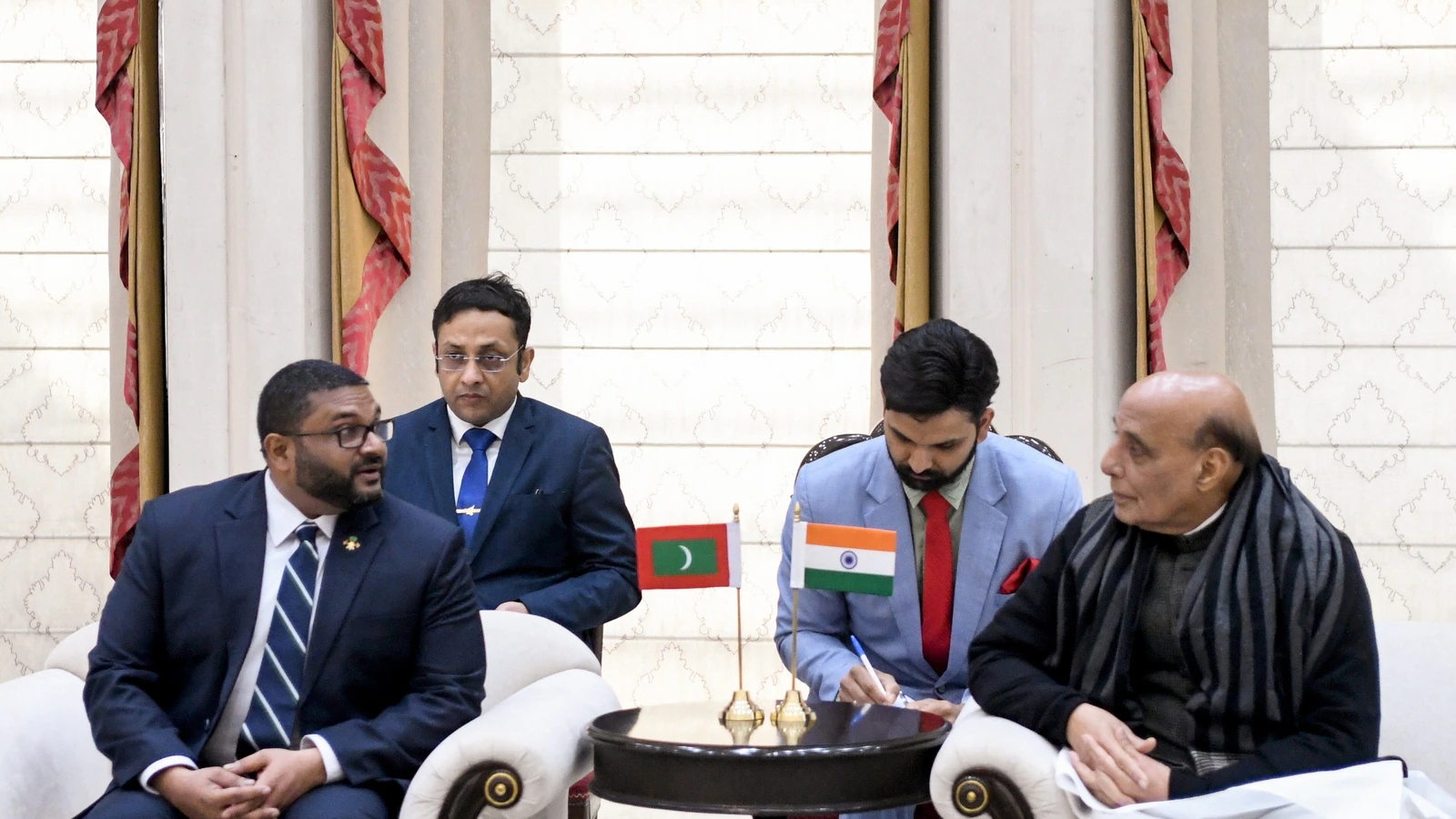


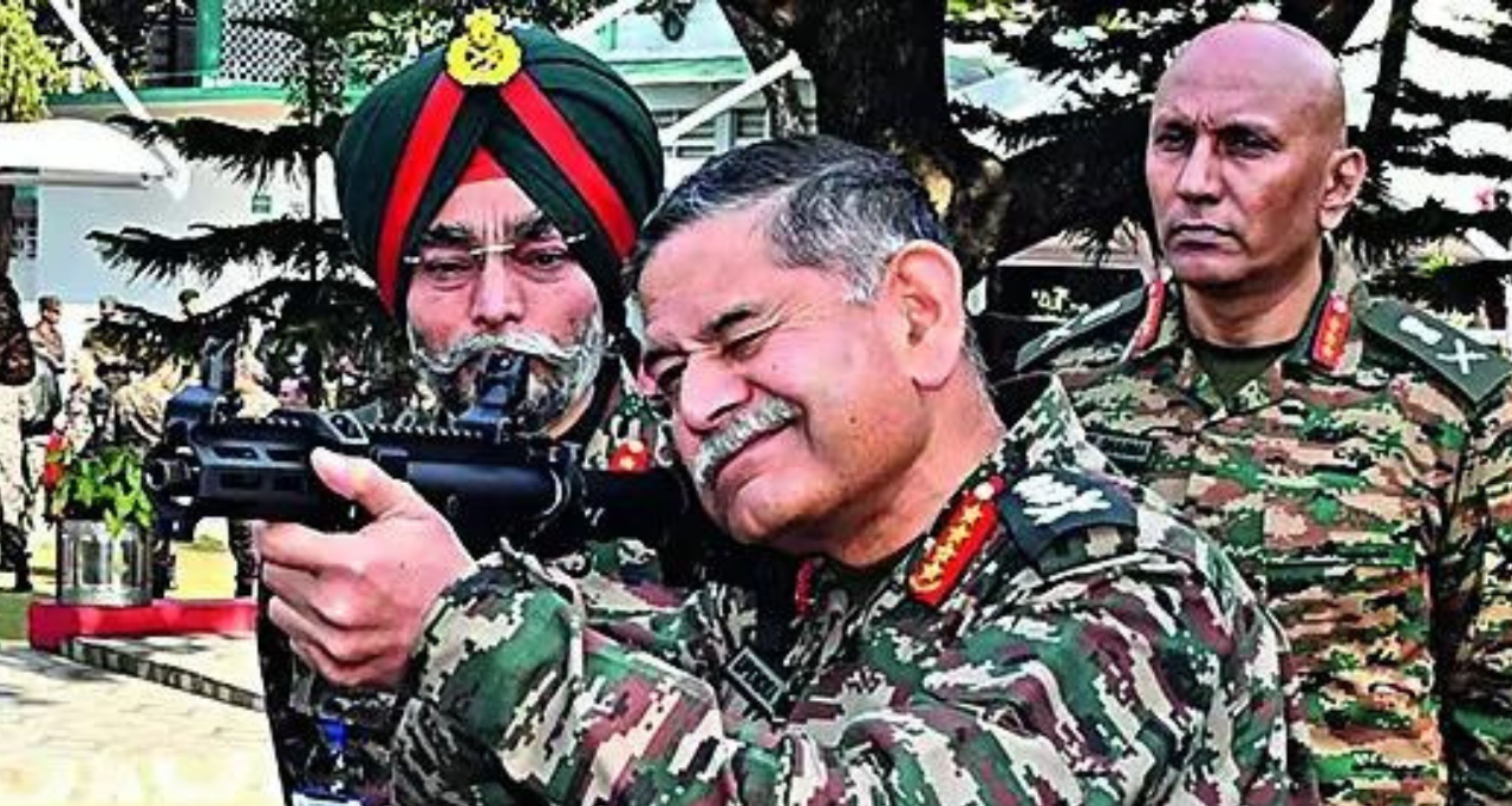
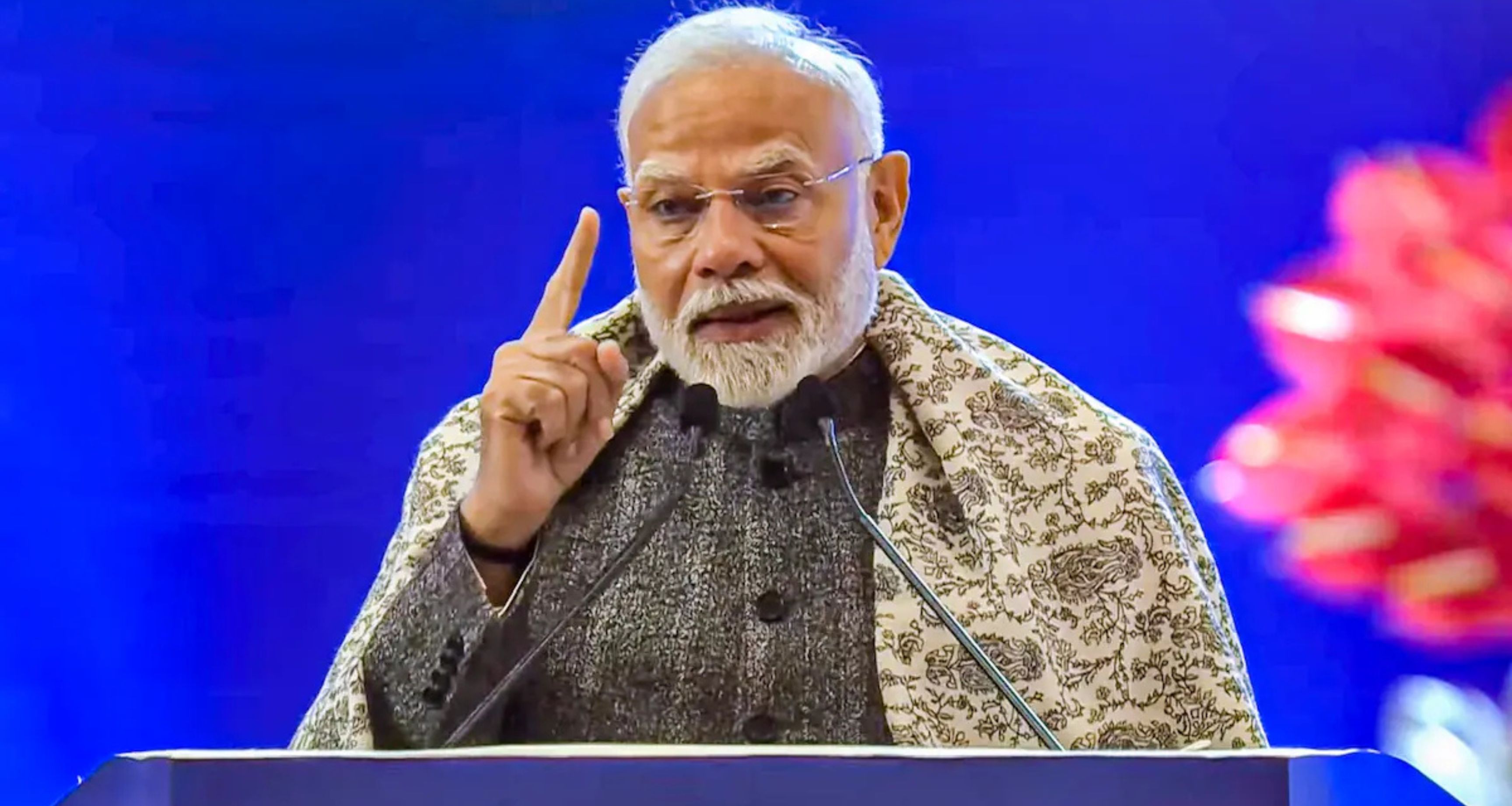
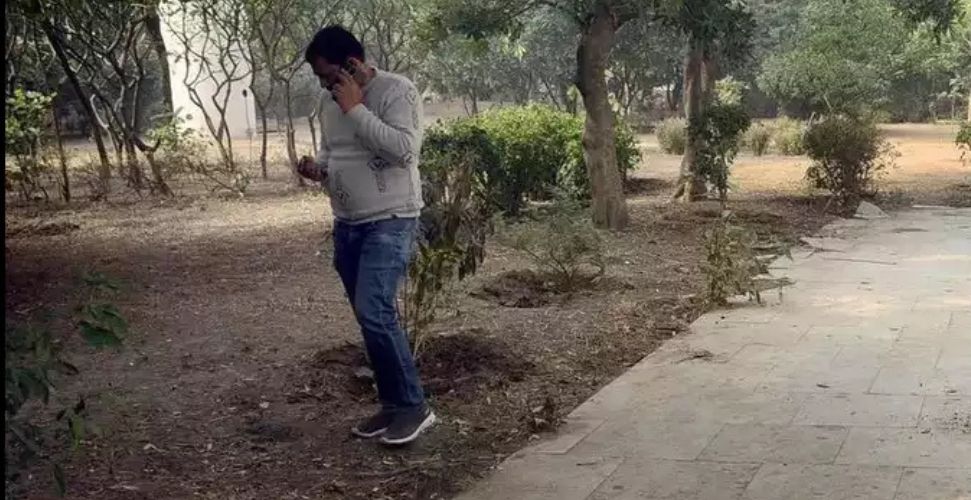


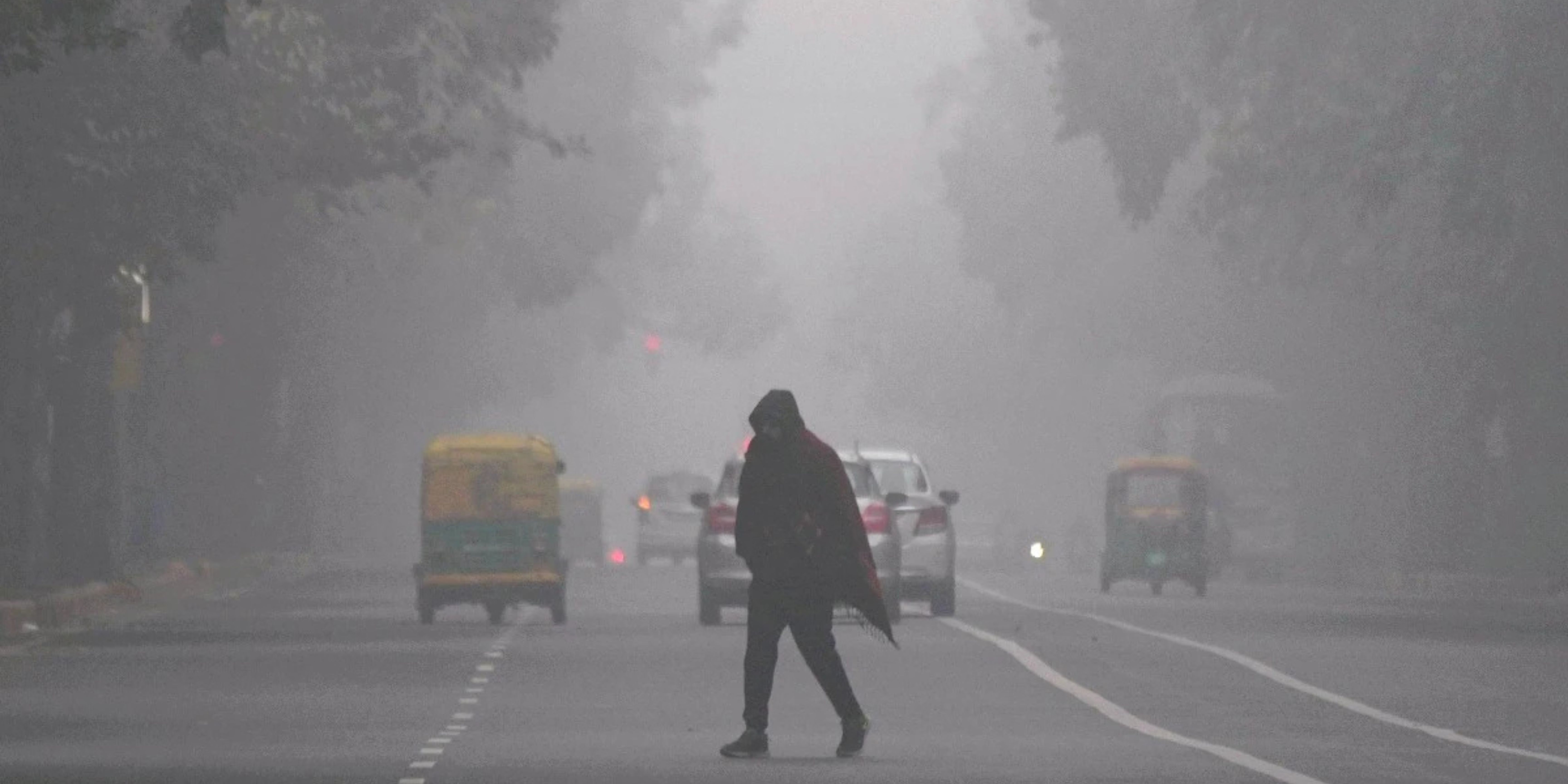




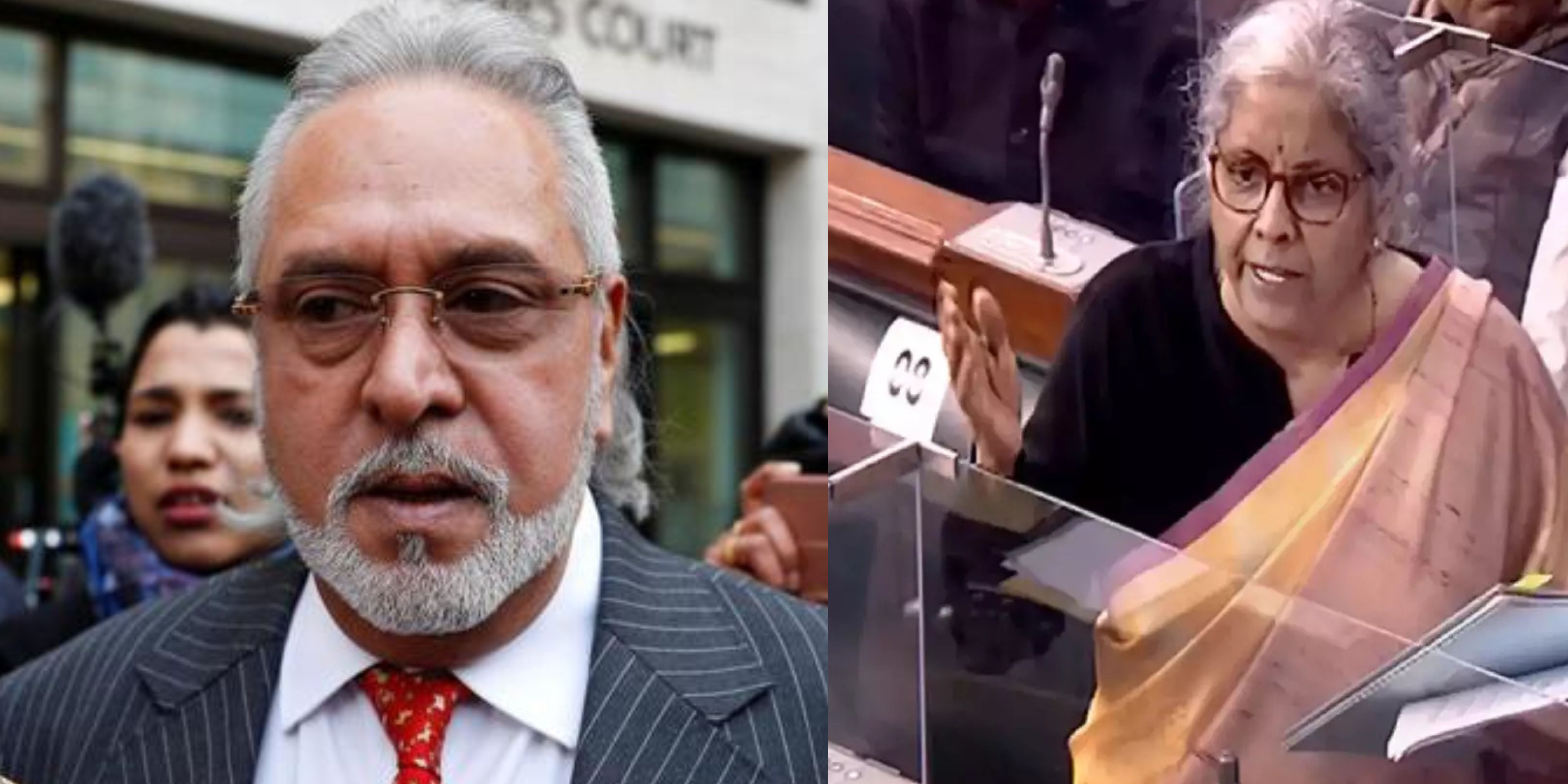

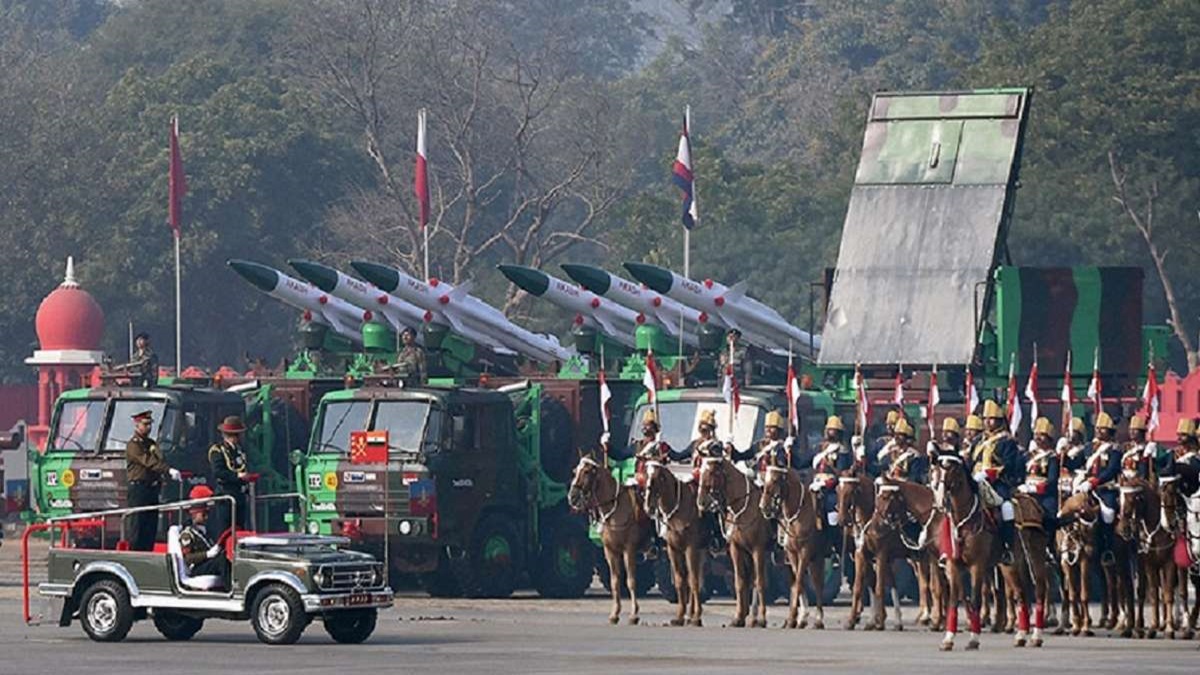

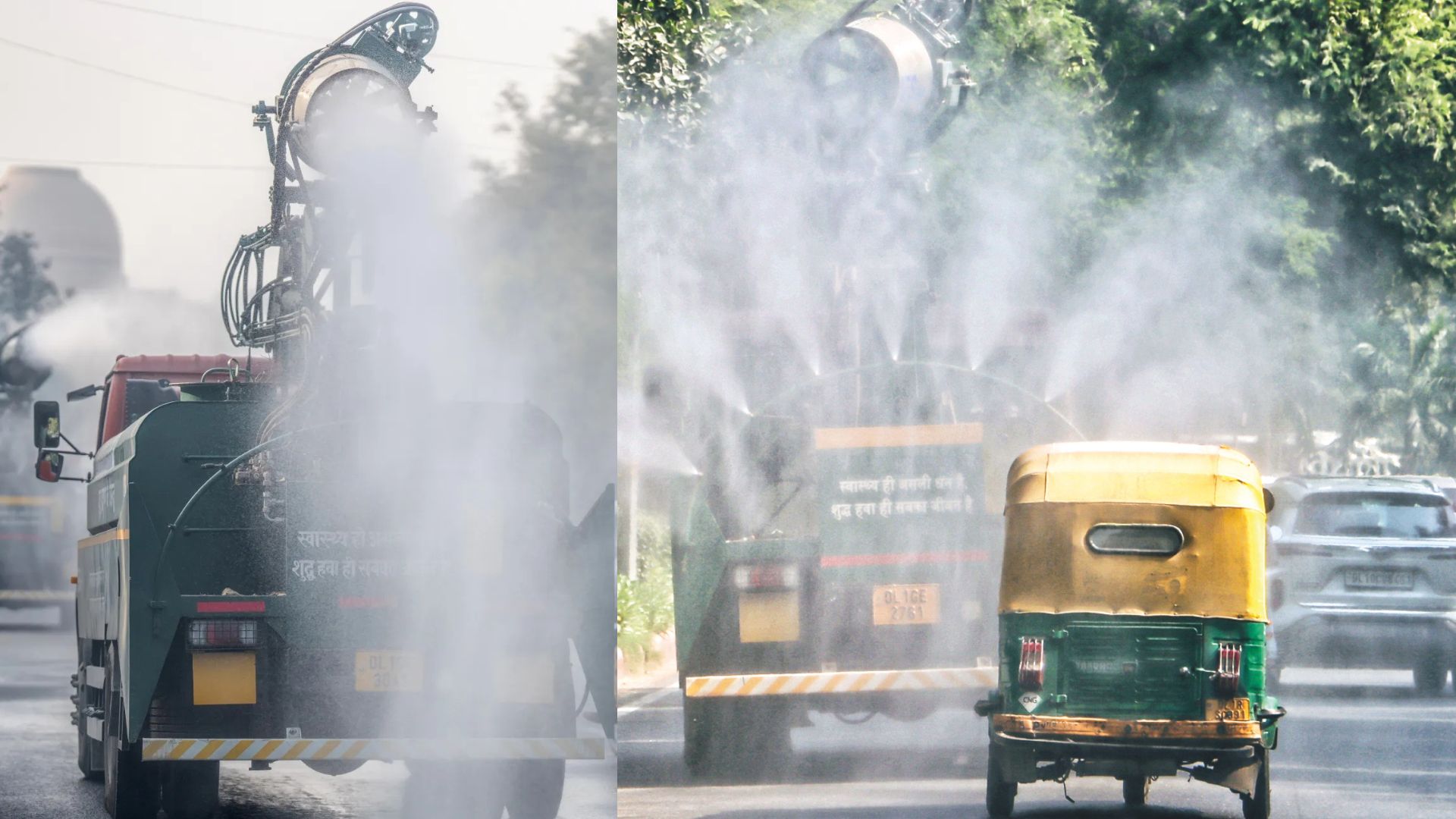
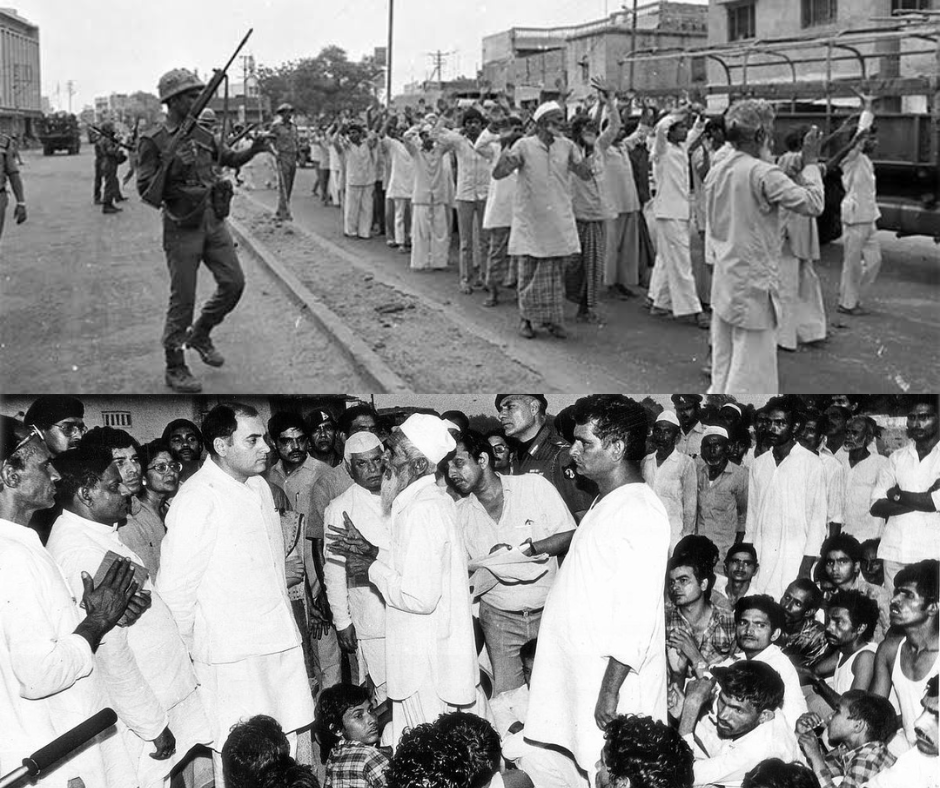




.jfif)





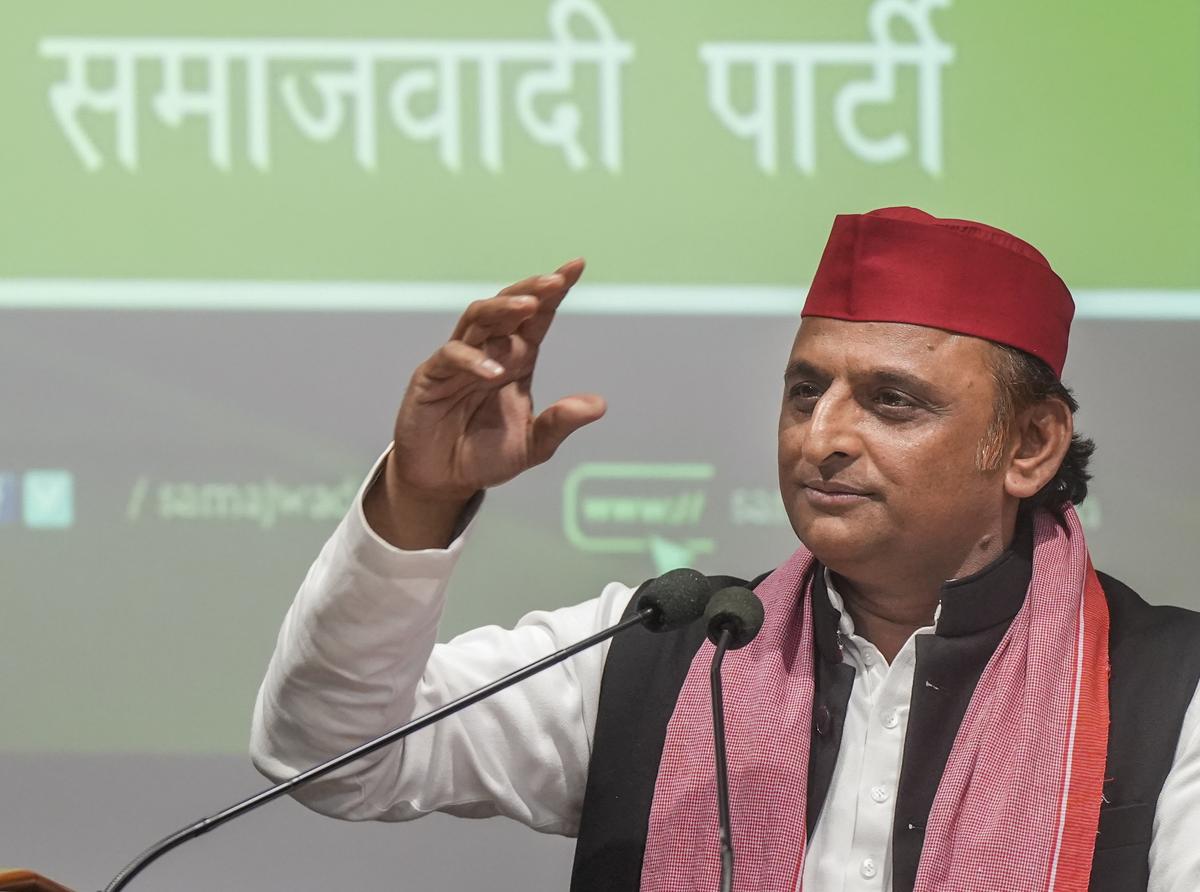



.jpg)



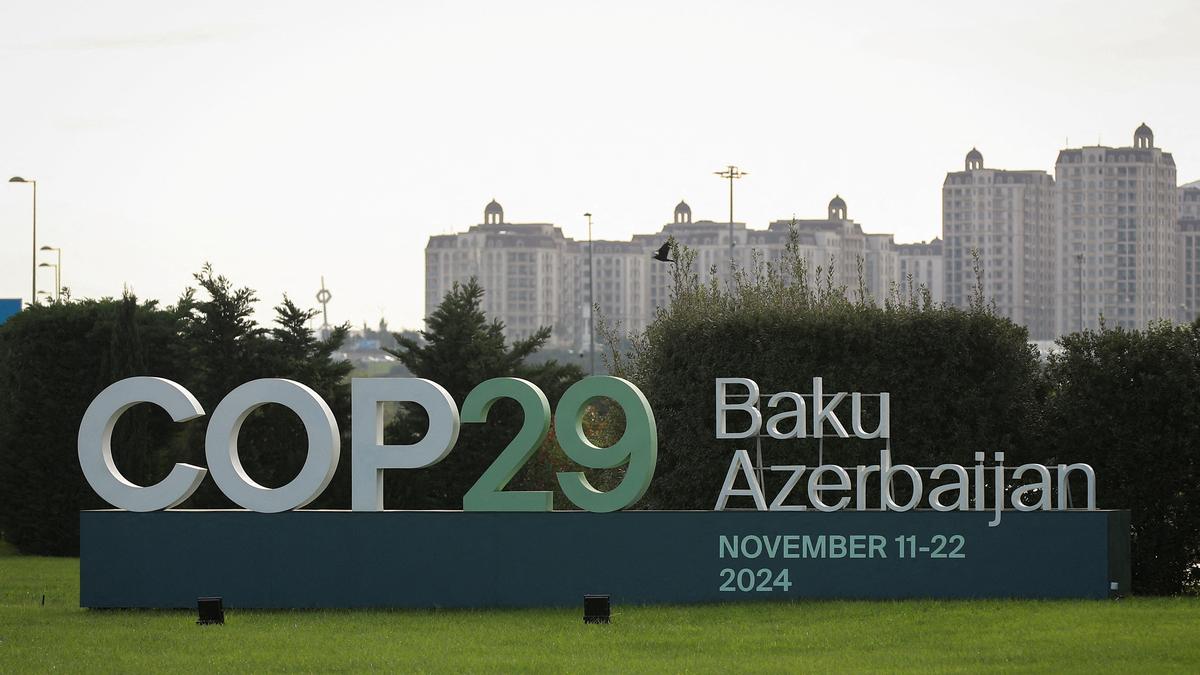



























































































.png)
 (1).png)























